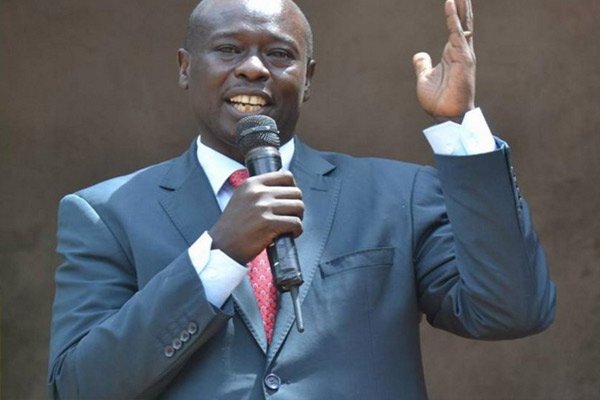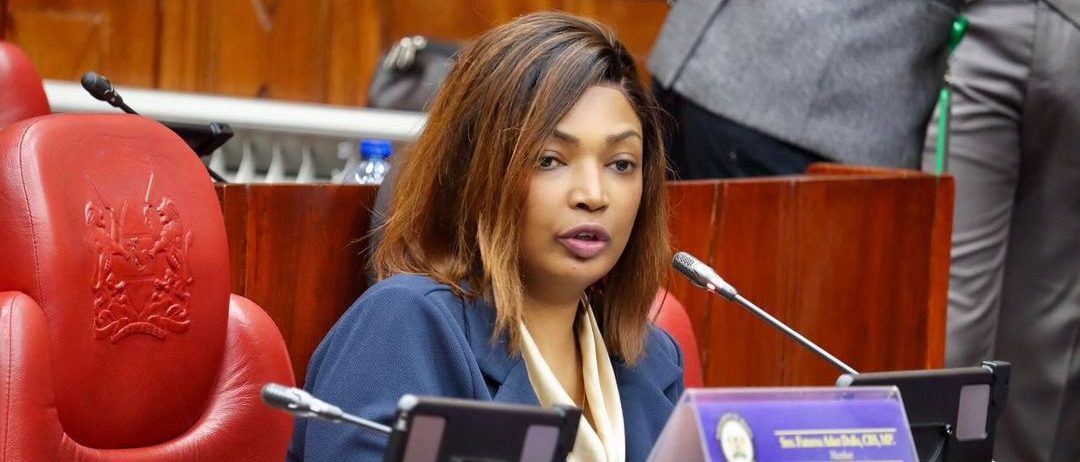New Era for Kenyan Labor: Inspections Paused for Employer-Worker Fairness
Image: Lilian celebrates Alfred MutuaIn a significant move to reshape Kenya’s labor landscape, the government has announced a nationwide halt to all labor inspections. The aim is to alleviate pressure on businesses while simultaneously ensuring fair treatment for workers.
On Wednesday, May 28, Labour Cabinet Secretary Alfred Mutua declared the immediate suspension of inspections. Speaking at the 66th Annual General Meeting of the Federation of Kenya Employers (FKE), Mutua explained that this is a temporary measure to allow for crucial reforms in how inspections are conducted.
Historically, both national and county governments have carried out sporadic inspections, often catching employers unprepared and leading to unintended violations. CS Mutua emphasized that suspending these checks was vital.
“We want to give businesses a grace period to put their houses in order without fear of unnecessary interference,” Mutua stated. “In the past, some inspections have been carried out unfairly and have been used to pester employers. That must stop.” He acknowledged the widespread concern among employers who have been burdened by repeated inspections from various government levels.
To address these ongoing regulatory challenges, Mutua plans to convene a retreat to gather employer input and devise lasting solutions for the inspection process.
Minimum Wage Compliance Remains Key
Despite offering relief to employers, the Labour CS also highlighted a critical area of non-compliance: the minimum wage directive he gazetted in November 2024.
“Some employers have not implemented the 6 percent minimum wage increase announced by the President. This is disappointing,” he said, stressing that “workers must be treated fairly, and their welfare must come first.”
This 6 percent salary increment was mandated after extensive consultations with stakeholders in the employment sector, including the Ministry of Labour and trade unionists. Initially, the government had vowed to take strict action against companies failing to comply.
Beyond wage requirements, Mutua also urged employers to invest in job creation. He emphasized that more job opportunities would economically empower Kenyans, potentially leading to increased consumer spending and a boost in national growth.
This move signals a shift in the government’s approach to labor regulation, aiming for a more collaborative and less punitive environment for businesses, while still prioritizing worker welfare.









